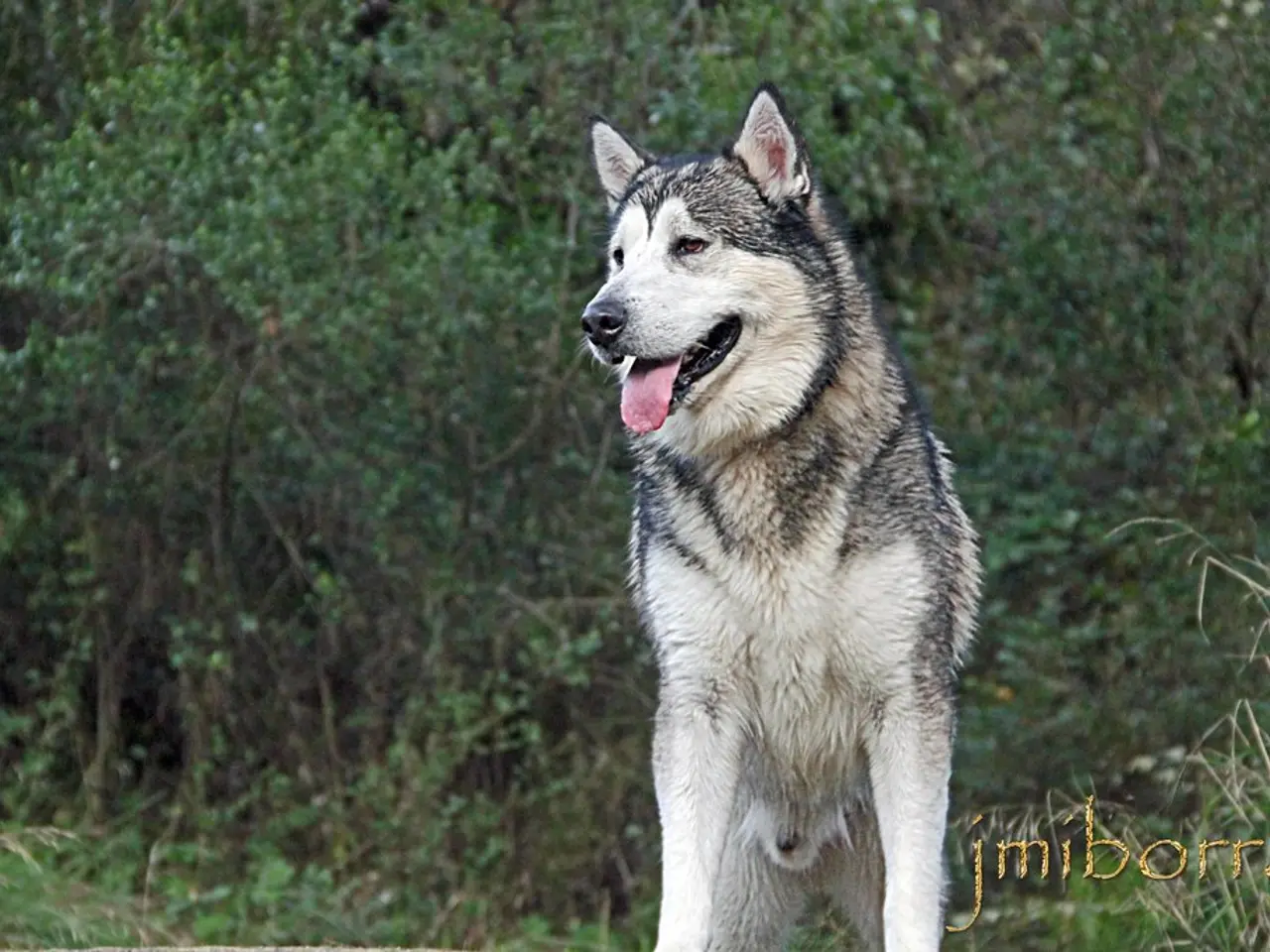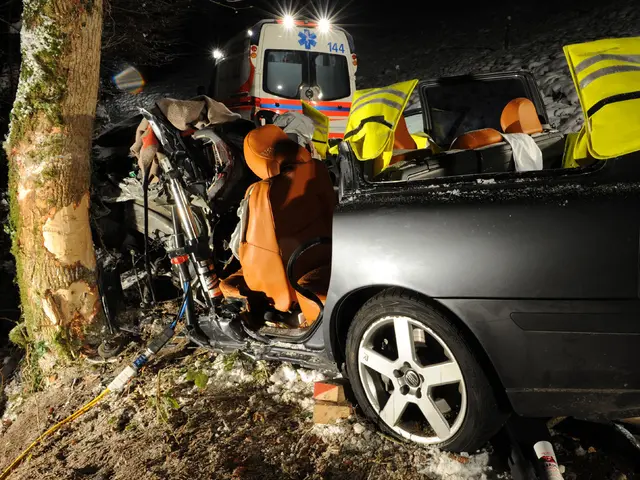Proposals have previously been put forth by the Commission.
In the German state of Brandenburg, a long-standing dispute over the management of the wolf population continues. The state, known for having the most wolf packs in the country, is now at the centre of a heated debate.
The Minister of Agriculture, Hanka Mittelstaedt (SPD), has announced her intention to include the wolf in hunting regulations. This decision, if implemented, would allow for the control of the wolf population, a move supported by farmers and hunters who have been demanding stricter control for some time.
However, the plan has not been without controversy. State Secretary for Agriculture Gregor Beyer came under fire for suggesting a possible culling quota of 15% and a number of up to 1,600 wolves. This proposal sparked outrage among environmental and nature conservationists, who favour the use of fences and herding dogs over culling.
Beyer, who requested a transfer, was later distanced from by Minister Mittelstaedt. She requested Minister-President Dietmar Woidke to relieve him of his duties.
The decision regarding a culling quota for wolves remains undecided. The Federal Ministry of Agriculture aims to include wolves in the Federal Hunting Act to protect grazing animals, but the specifics, such as the size of the quota and the areas where hunting may be necessary, are still under discussion.
NABU, a German nature and environmental protection organisation, considers the inclusion in hunting regulations already decided but is concerned about the future management of the wolf population. They believe that the federal government must legally clarify the inclusion in hunting regulations for it to be applied.
The minister leans towards creating areas where there are frequent wolf attacks as potential grazing areas where wolf hunting may be necessary to prevent damage. However, this proposal has raised concerns among those who advocate for wolf preservation.
Representatives from various groups, including farmers, forest owners, hunters, livestock owners, animal welfare advocates, environmental and nature conservationists, and researchers, were in attendance at a recent meeting to discuss the issue. Agriculture Minister Mittelstaedt aims to reduce damage to livestock and address citizen fears due to common wolf attacks, while ensuring wolf preservation.
The BUND in Brandenburg, another environmental organisation, has emphasised the need for a balanced approach to managing the wolf population, one that takes into account the concerns of all stakeholders. The future of wolf management in Brandenburg remains uncertain, but one thing is clear: the issue is of great importance to the state's farmers, hunters, and environmentalists alike.
Read also:
- Russia, according to Zelensky, lacks the prowess for launching another significant offensive.
- Russia's Latest Peace Proposals for Donbas: New Diplomatic Landscape Emerges amid Alaska Summit, Potentially Opening Ceasefire Opportunities
- Amidst India's escalating climate crisis, transgender individuals continue to persevere
- Contentious Discussion Surrounding the Movie Release of "Planet of the Humans"








